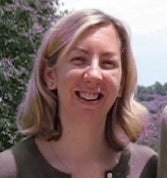
Susannah Barton Tobin
Managing Director, Climenko Fellowship and Asst. Dean for Academic Career Advising
Susannah directs the First-Year Legal Research and Writing Program and teaches a section in the program.
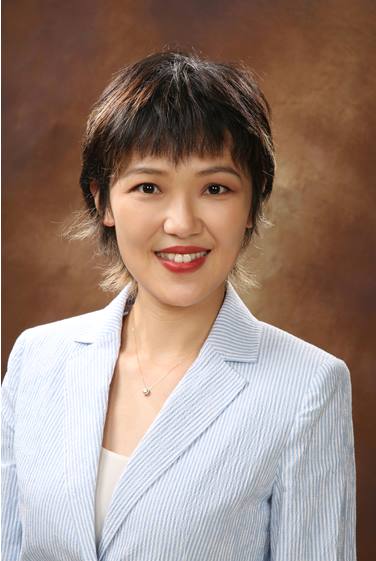
Yutian An
Yutian An is a comparative law scholar, focusing on criminal law, administrative law, and law and policing.
Her research is centered around the implication of law and legal institutions on policing and the administrative state in general. By examining how laws and legal institutions affect bureaucratic behaviors, especially the police’s, Yutian seeks to provide a nuanced understanding of how law mediates the state-society relationship, the extent to which law can be used to constrain police misconduct, and the limitation of legal solutions.
Yutian is also interested in the interaction between legal institutions and authoritarianism, the source of legality in autocracies and unconsolidated democracies, and the implication of technologies on the administrative state, the police state, and judicial decisionmaking. Her most recent article, Pandemic State-building: Chinese Administrative Expansion since 2012, is forthcoming in the Yale Law and Policy Review.
Sandra Badin
Sandra Badin is a Lecturer on Law at Harvard Law School.
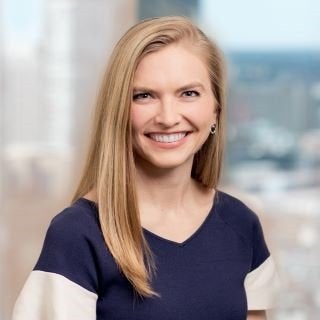
Elizabeth Bewley
Elizabeth Bewley is a Climenko Fellow and Lecturer on Law at Harvard Law School.
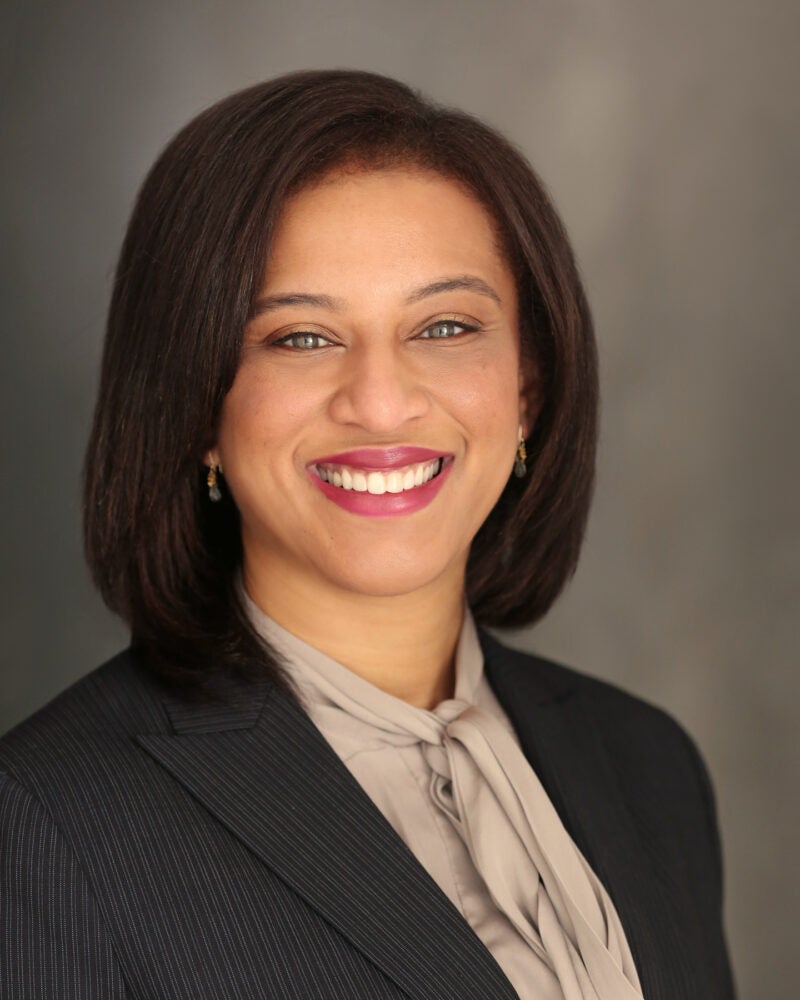
Sabrina Charles
Sabrina Charles is a Climenko Fellow and Lecturer on Law at Harvard Law School and a doctoral candidate in Sociology at New York University.
Sabrina’s primary research interests are in the sociology of punishment, the administrative state, social theory, and the sociology of legal knowledge. Sabrina, whose dissertation research is in immigration court, recently received a National Institute of Social Sciences Dissertation Grant to conduct in-depth interviews with people who have undergone or are undergoing immigration court proceedings. Sabrina’s other research explores time and state social control and how incarcerated legal experts (“jailhouse lawyers”) access and create legal expertise.
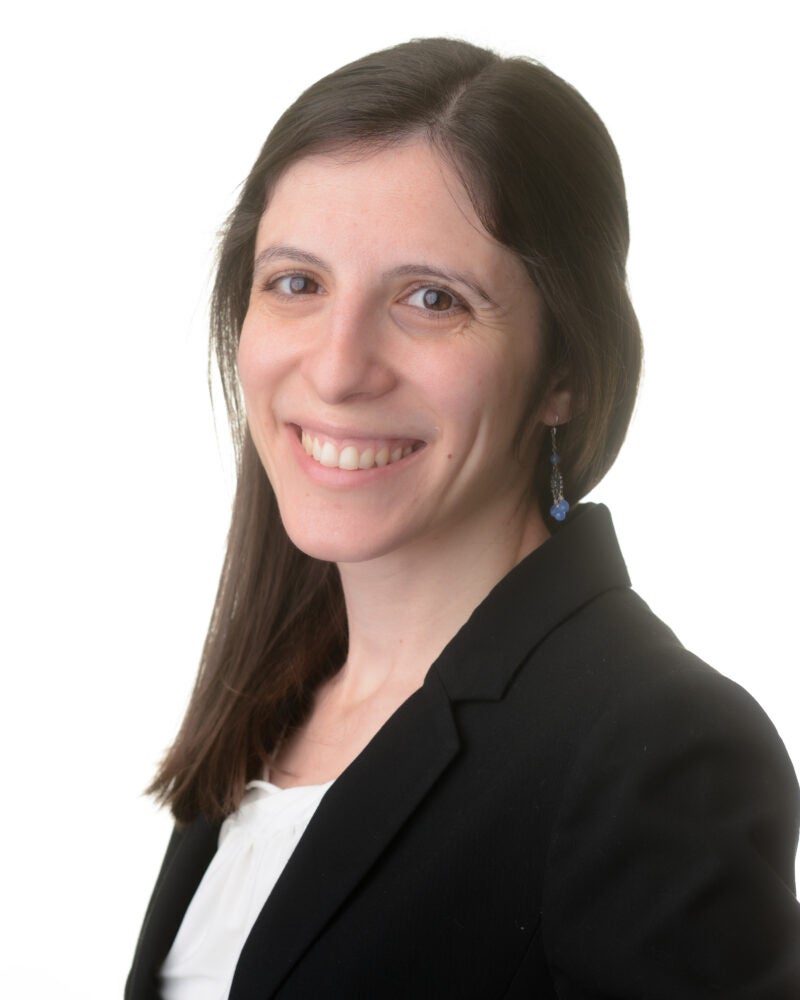
Gemma Donofrio
Gemma Donofrio is a Climenko Fellow and Lecturer in Law at Harvard Law School. Her research focuses on reproductive justice, intimate partner violence, and bodily autonomy. Her current project examines how tort law conceptualizes reproductive harm. Her scholarship has appeared in the North Carolina Law Review and the N.Y.U. Review of Law & Social Change.
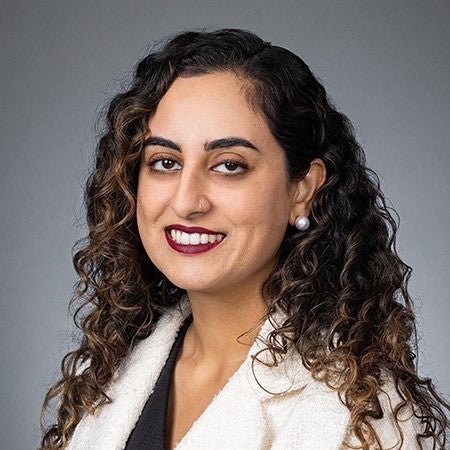
Aleena Ijaz
Aleena Ijaz is a Lecturer on Law at Harvard Law School. She is also currently serving as a law clerk on the U.S. Court of Appeals for the First Circuit.
Aleena graduated cum laude from Harvard Law School, where she was a member of the Board of Student Advisors. She holds a B.A. in economics and public policy with a minor in biology from the University of Virginia, where she graduated with high distinction.
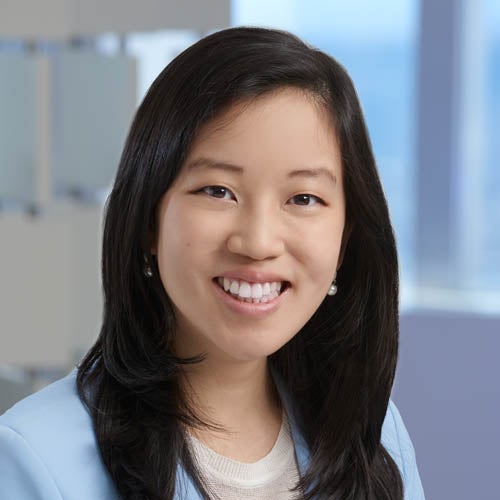
Elizabeth King
Elizabeth King is a Climenko Fellow and Lecturer on Law at Harvard Law School. Her research focuses on the intersection of corporate law and healthcare law. Her current projects examine how public and private regulation of business entities, financial markets and transactions impacts the healthcare sector and the delivery of healthcare. Her scholarship has appeared in the Yale Law & Policy Review and the Berkeley Journal of Employment and Labor Law.
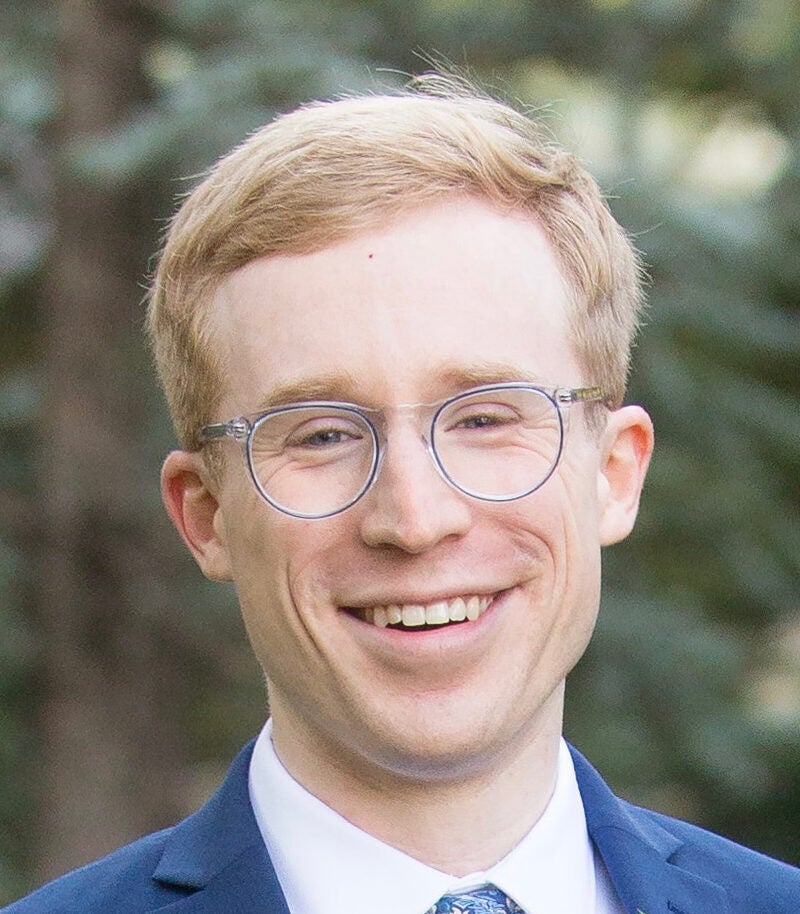
Michael Mitchell
Michael Mitchell is a Climenko Fellow and Lecturer on Law at Harvard Law School. He is a scholar of the law and philosophy of democracy.
Michael received his J.D., magna cum laude, from Harvard Law School, and he is pursuing a Ph.D. in Philosophy at Harvard University. He holds an M.A. in Philosophy from Tufts University and an A.B. in Social Studies and Philosophy from Harvard College.
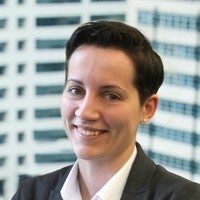
Dessie Otachliska
Dessie Otachliska is a Climenko Fellow and Lecturer on Law at Harvard Law School. She is a constitutional law and civil rights scholar, whose research focuses on the intersection of civil rights, digital technology, and property protections. Her current project proposes a novel approach for analyzing speech conveyed via communication channels on social media platforms that bear the characteristics of a traditional public forum.
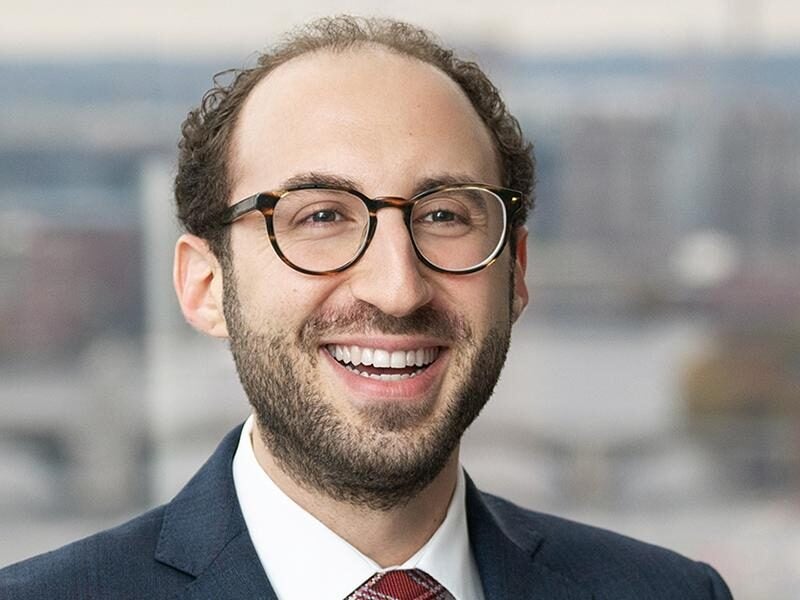
Daniel Sack
Daniel W. Sack is a Lecturer on Law at Harvard Law School, where he teaches First-Year Legal Research and Writing.
Outside of teaching, Mr. Sack is a practitioner in the Boston office of Latham and Watkins LLP, where he focuses on complex commercial litigation and policyholder-side insurance litigation. Mr. Sack previously served as a judicial law clerk to Judge Jon D. Levy of the United States District Court for the District of Maine and then to Judge Juan R. Torruella and Judge William J. Kayatta, Jr., of the United States Court of Appeals for the First Circuit.
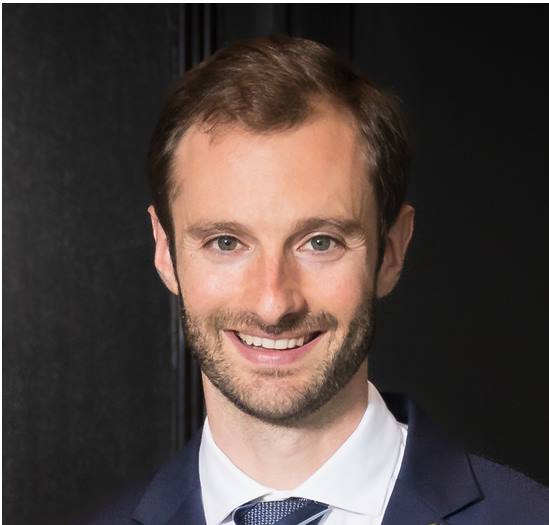
Adam Sandel
Adam Sandel studies law and philosophy, focusing on criminal law and procedure, criminal justice reform, and the legal profession. His current projects explore the dual role of a prosecutor as advocate and minister of justice, the proper scope of prosecutorial discretion, the strengths and weaknesses of public safety as the aim of law enforcement, the possibilities of restorative justice, and the moral limits of algorithmic decision-making in the courtroom and beyond.
He is the author of Happiness in Action: A Philosopher’s Guide to the Good Life (Harvard University Press, 2022) and The Place of Prejudice: A Case for Reasoning within the World (Harvard University Press, 2014).
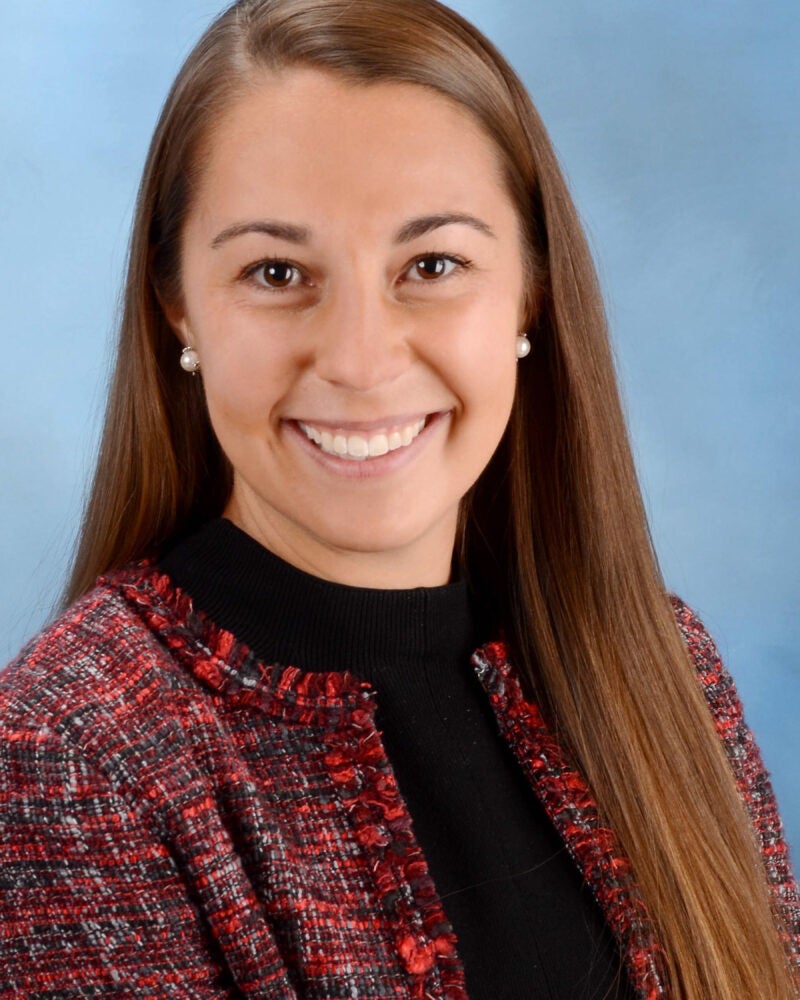
Justine Sheehan
Justine Sheehan is a Climenko Fellow and Lecturer on Law at Harvard Law School. Her scholarship focuses on studying the legal decisions that compromise vulnerable populations’ ability to access fundamental rights. She is currently working on a project that addresses an unsettled issue in state constitutional law, namely, whether the right against unreasonable searches and seizures protects arrested people from suspicionless inventory searches of their vehicles unless they had a reasonable opportunity to dispose of their vehicles in another manner.
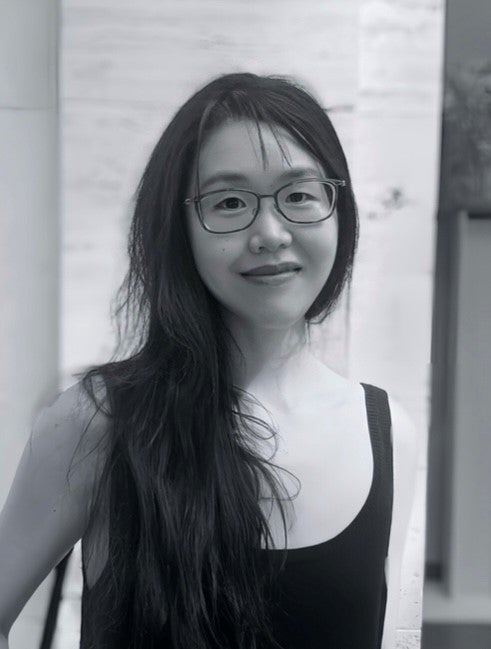
Mengyi Wang
Mengyi’s research focuses on how legal rules and institutions impact both domestic and international political economies. In particular, her current work examines how the Federal Reserve’s monetary instruments and industrial-trade policy reconfigure the administrative state, the constitutional structure, and global economic governance. Additionally, she has a secondary interest in alternatives to patent law to foster innovation, driven by her background in hard science and patent litigation-prosecution. To address these questions, she employs a mixed-methods research approach, integrating doctrinal, quantitative, and qualitative methods.